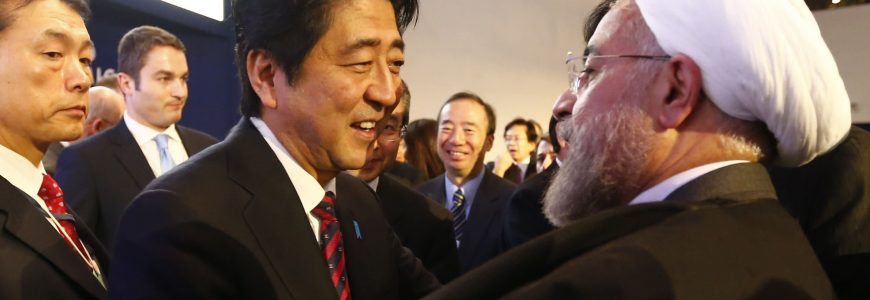
TOKYO — With the U.S. considering making exceptions to its demand that countries stop importing Iranian oil, Japan is looking to secure its oil supply and pursue business opportunities in the Middle Eastern country without raising red flags in Washington.
U.S. Secretary of State Mike Pompeo hinted at the waivers during his visit to Abu Dhabi on Tuesday.
“There will be a handful of countries that come to the United States and ask for relief,” Pompeo said. “We’ll consider it.”
While pressing the U.S. to grant a waiver, Japan is expected to explore its own Iran diplomacy, including a possible visit to that country by Prime Minister Shinzo Abe.
Japan has traditionally been on friendly terms with Iran. They maintained diplomatic ties even after the Iranian Revolution in 1979, the root of current tensions between the country and the U.S. In 1953, Japanese oil distributor Idemitsu Kosan imported oil from Iran, undermining British sanctions over Iran’s decision to nationalize its oil industry a few years prior. Japan and Iran will celebrate 90 years of diplomatic ties next year.
Iran possesses the world’s largest natural gas reserves and fourth-largest crude oil reserves, making it an important partner for energy-poor Japan. Japan won negotiating rights to develop the Azadegan oil field, which boasts one of the largest reserves in the Middle East, when then-Iranian President Mohammad Khatami visited Japan in 2000. Japan’s Inpex acquired a 75% stake in the project in 2004, though it exited in 2010 amid U.S. sanctions.

